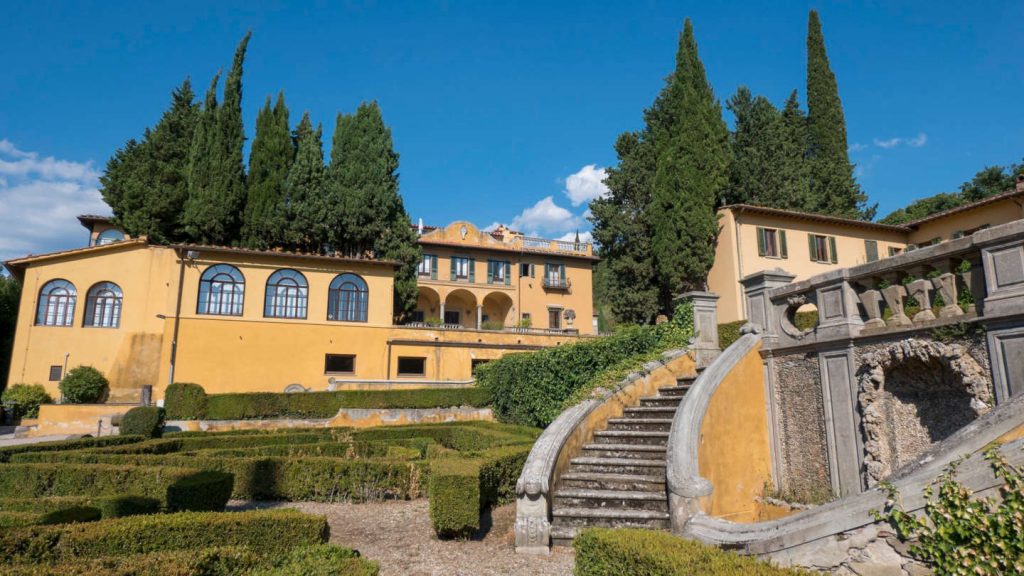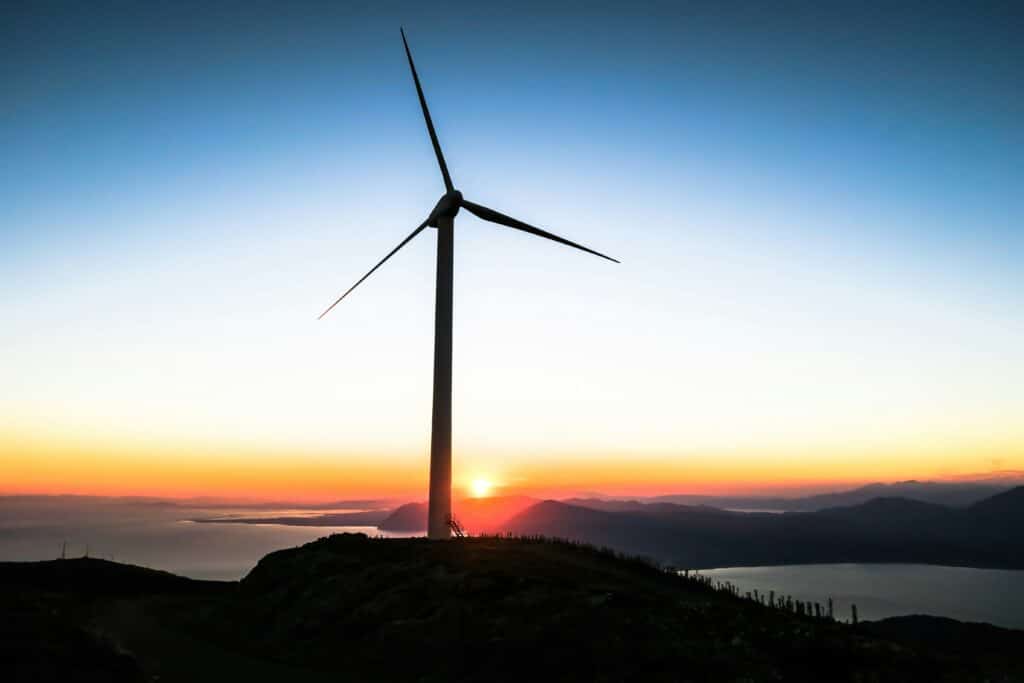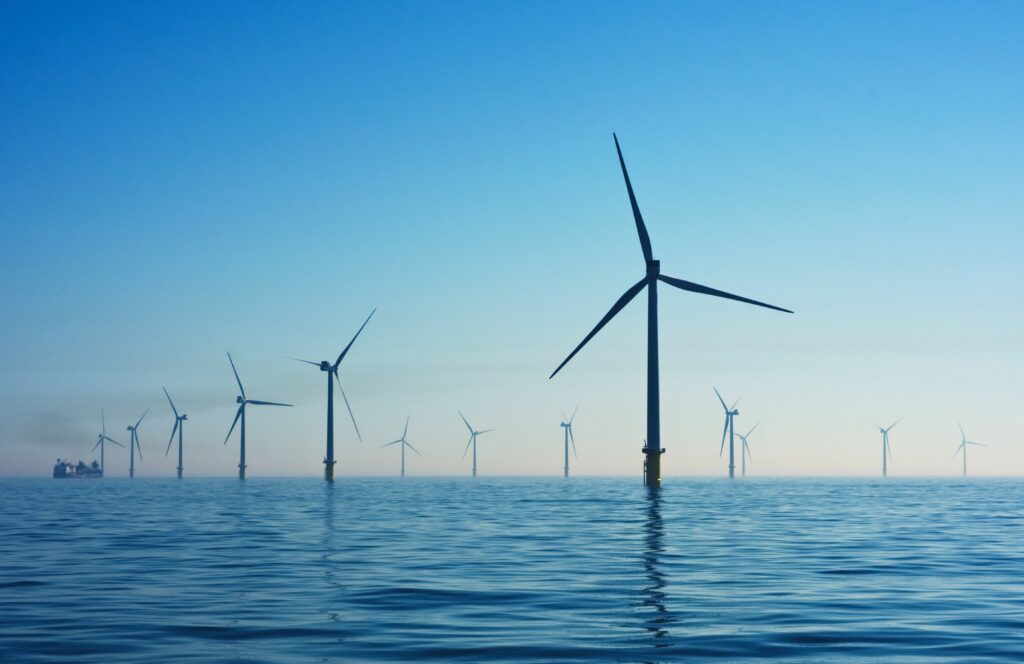FSR has two new Executive Directors for Online Affairs and the World of Practice
Leonardo Meeus and Alberto Pototschnig join Jean-Michel Glachant to move our School ahead
There has never been a more important time to build a digital school, connecting academia and the world of Practice worldwide, to advance knowledge for a more sustainable and resilient energy future.
The challenges of the covid-19 crisis have made us rethink the strategy of the Florence School of Regulation. Our mission is to deepen and accelerate its responses to the turbulent times Europeans are in, and to anticipate what the “EU Recovery Plan”, merging with the already ambitious “Green deal”, will drive in the European energy & climate policy and regulation.
To achieve that, the FSR Energy & Climate renews its policy for 2020-21.
Two executive deputy-directors are joining the FSR Director, Jean-Michel Glachant to create a much more reactive and deeply skilled Florence School of Regulation.
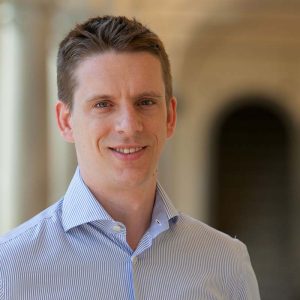
The FSR new Executive Deputy Director for “Online Affairs” is Leonardo Meeus. At the FSR since 2008, he is the course director for the FSR training courses Evolution of Electricity markets in Europe and The EU Green Deal. He is also a Professor and partner at Vlerick Business School in Brussels. In the past year, Leonardo has redesigned our online events and created a portfolio of 4 different online series, that you will discover from Wednesday 9th September. Leonardo is also reviewing our portfolio of online training initiatives, to create a fully coherent set of online courses, and to differentiate our online training practices for our main types of audiences.
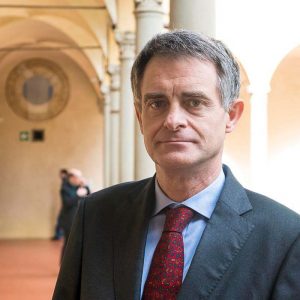
Our second new Executive Deputy Director is Alberto Pototschnig, whom you all know as former Director for ACER, for near to 10 years, and being among the “founding brothers” of the Florence School of Regulation back in 2004. Being in charge of the whole “World of Practice’, Alberto will also be a bridge between the School and the relevant national and European institutions and bodies, including national regulatory authorities, the European Commission, and the EU Agency for the Cooperation of Energy Regulators. In this way, Alberto will build a more coherent and interactive way of responding to the needs of the whole “World of Practice”.


